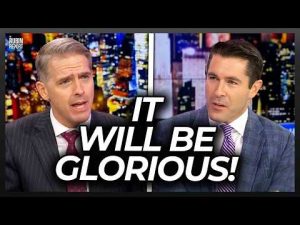In the bustling arena of public life, grandeur often obscures substance. This recurring theme emerges clearly from the penchant for parading one’s status, as displayed in recent reports of Meghan Markle’s visits to New York City. Nestled in the lush ambiance of an Upper East Side brownstone, the Duchess of Sussex chooses to project an aura of exclusivity and detach from mundane experiences, such as walking through a hotel lobby—a staple experience for even the most prominent celebrities.
Crafted with the peculiarities often seen among those who seem to relish their elevation above ordinary societal norms, there’s a palpable effort to uphold an air of royalty. A dramatic touch is added to create an aura of regal importance when the house manager announces her presence in such a grandiose manner, even when in private settings. This craving for ceremonial recognition exposes an intriguing paradox: while claiming to distaste the lifestyles and burdens of monarchy, she simultaneously wields the titles and airs related to it with remarkable zeal.
Such behavior becomes particularly notable when compared with true societal icons—those like Taylor Swift, who mingle daily within environments like hotel lobbies, asserting their privacy through normalcy rather than the exaggerated avoidance of it. When society witnesses someone insistently cling to an inherited veneer for attention and privilege, it hints at a deeper contradiction between their public statements and private actions.
A significant irony arises from the fact that Meghan Markle continues to align herself with a title from an institution she frequently criticizes for its tradition, elitism, and perceived historical baggage. In a lecture about modern self-sufficiency, self-identity, and independence from historical enclosures, the double standard of utilizing a British royal title in American society cannot be overlooked. It suggests a selective repudiation, one that conveniently favors personal branding over authentic separation.
In conclusion, this moment encapsulates a broader commentary on how public figures may vacillate between critiquing and capitalizing on the institutions they emerge from. It is an indication of an ongoing cultural tension regarding identity and privilege, reminding the public to discern genuine merit from symbolic veneer in the ever-evolving landscape of celebrity and societal values. Through clear-eyed observation and critical thought, society can challenge these superficial proclamations of grandeur masked as independence.







